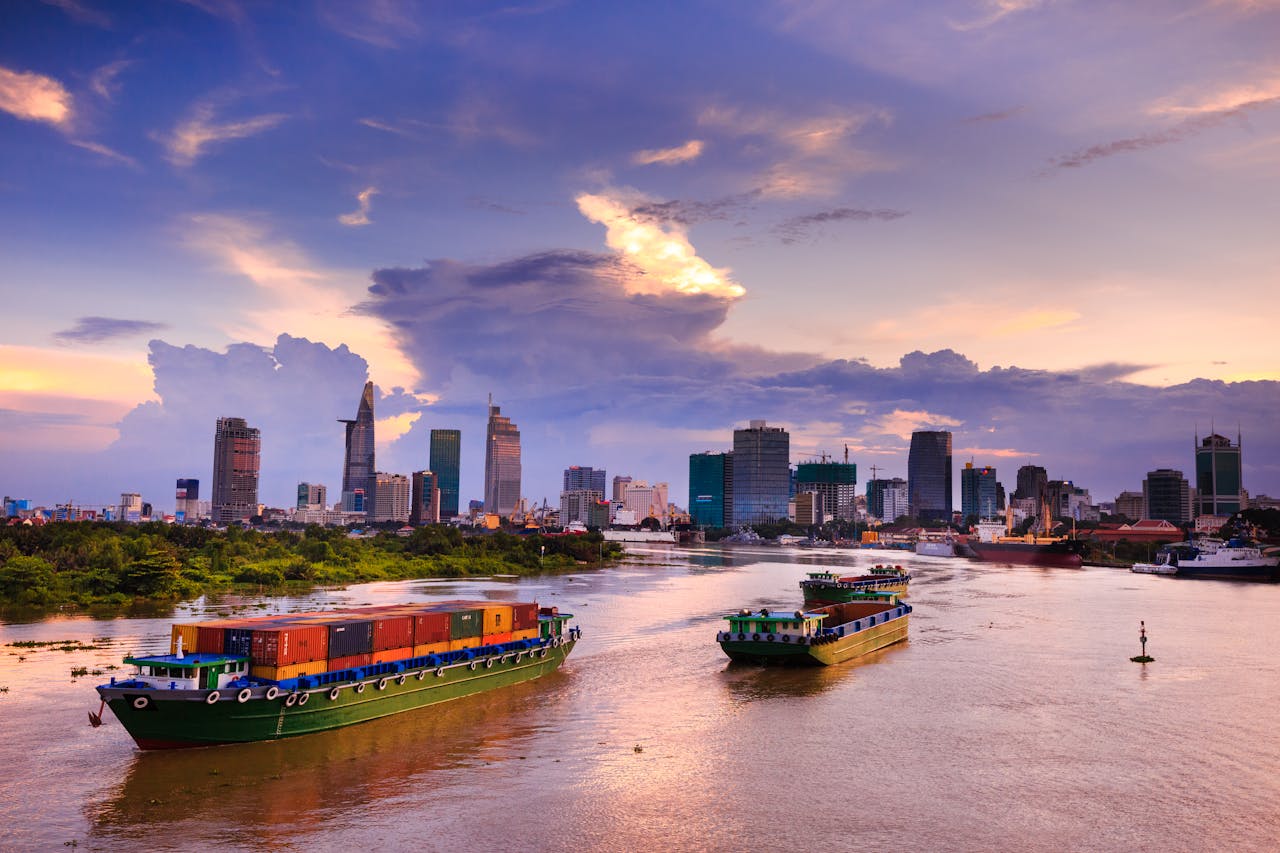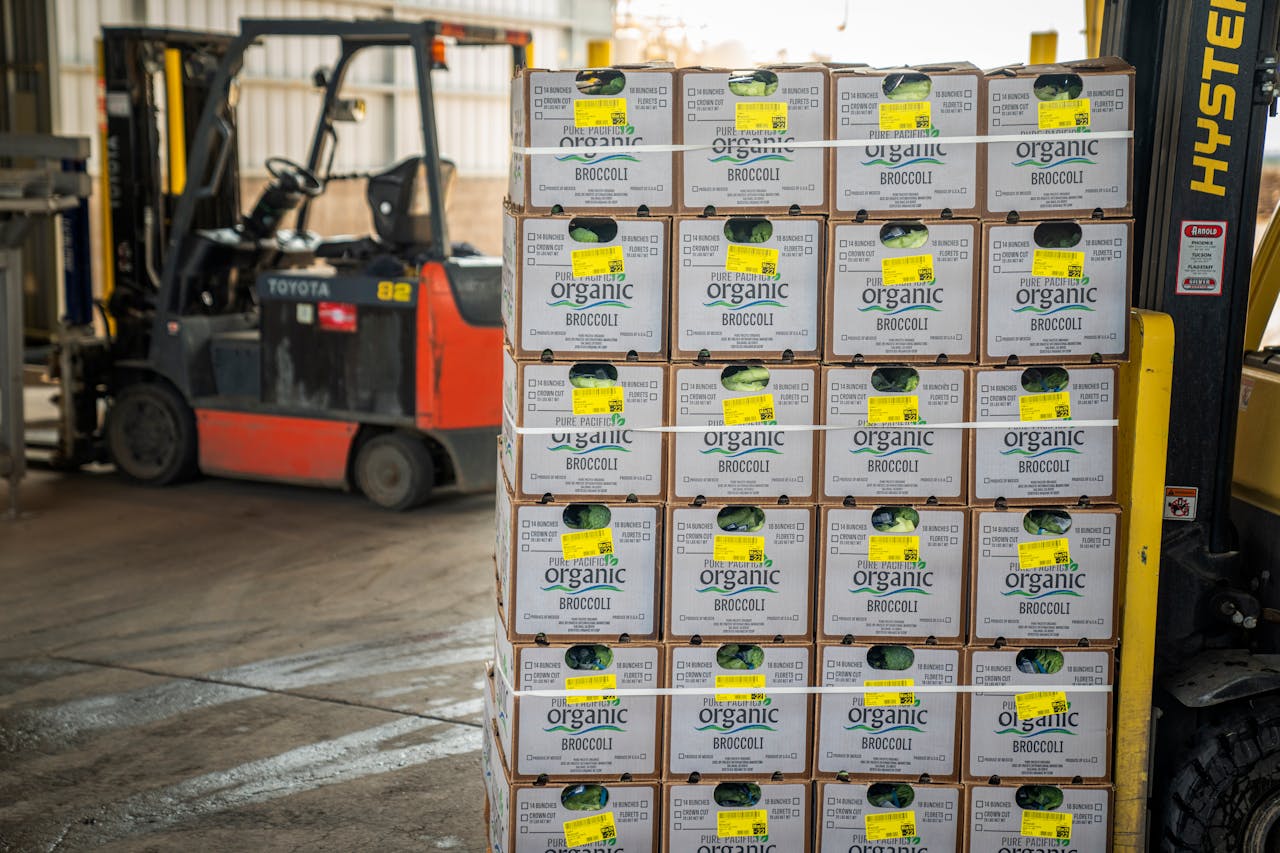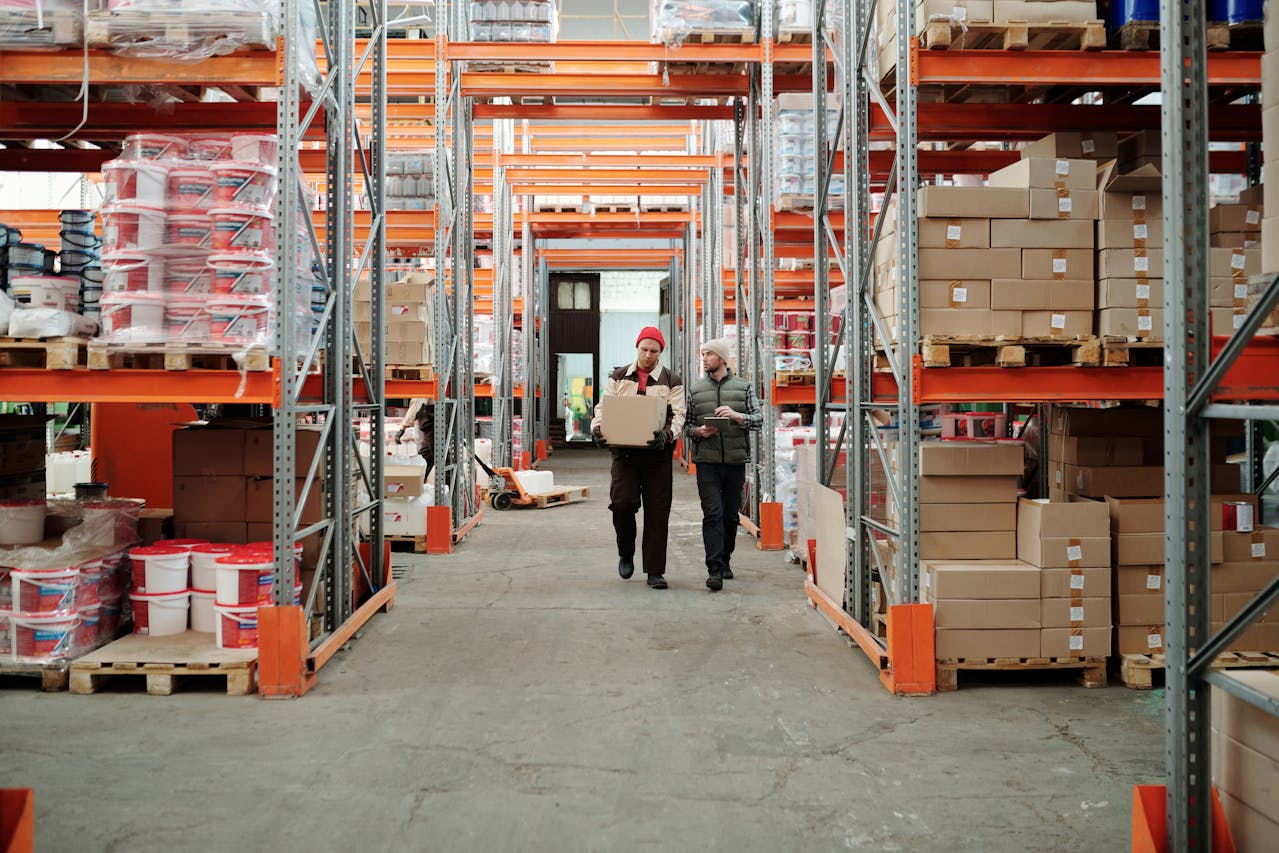In a market where customers expect fast, reliable delivery, having a solid logistics partner isn’t just helpful, it’s necessary. Whether you're running a small online shop or a growing ecommerce brand, teaming up with the right third-party logistics (3PL) provider can take a huge load off your plate. It can make your fulfilment process smoother, help you stay organised, and most importantly, keep your customers happy.
But with so many 3PL companies out there, it can feel overwhelming trying to figure out which one actually fits your business. The key is knowing what each provider brings to the table and how well that matches your specific goals. When you find the right partner, it can make a big difference in how efficiently you run and how well you're set up to grow.
What Is 3PL and How Does It Support Your Business?
A third-party logistics (3PL) provider goes beyond basic order fulfillment. In addition to storage, packing, and shipping, they often manage freight forwarding, customs clearance, and even last-mile delivery. Many 3PLs also offer automation tools, performance reporting, and integration with your ecommerce platforms so you can track your supply chain in real time. They're ideal if you're looking for a logistics partner that can scale with you as your business grows.
When you send products to a 3PL warehouse, they handle everything from the moment your inventory arrives. They log it into their system, track it, and store it securely. When orders come in, the 3PL picks the right items, packs them according to your preferences, and ships them out using trusted carriers. If customers return products, they manage that too.
3PLs differ from basic fulfillment providers in that they offer a broader suite of services. A typical fulfillment company might just focus on shipping your products, while a 3PL helps optimize your entire supply chain, from inventory planning to global distribution.
When you’re comparing providers or requesting a quote, expect detailed pricing that includes storage fees, packing costs, shipping rates, and return handling. The price will vary depending on factors like product weight, order volume, and shipping destinations. Clear pricing helps you plan your expenses more accurately and avoid hidden costs.
Top 8 Best 3PL Fulfillment Companies
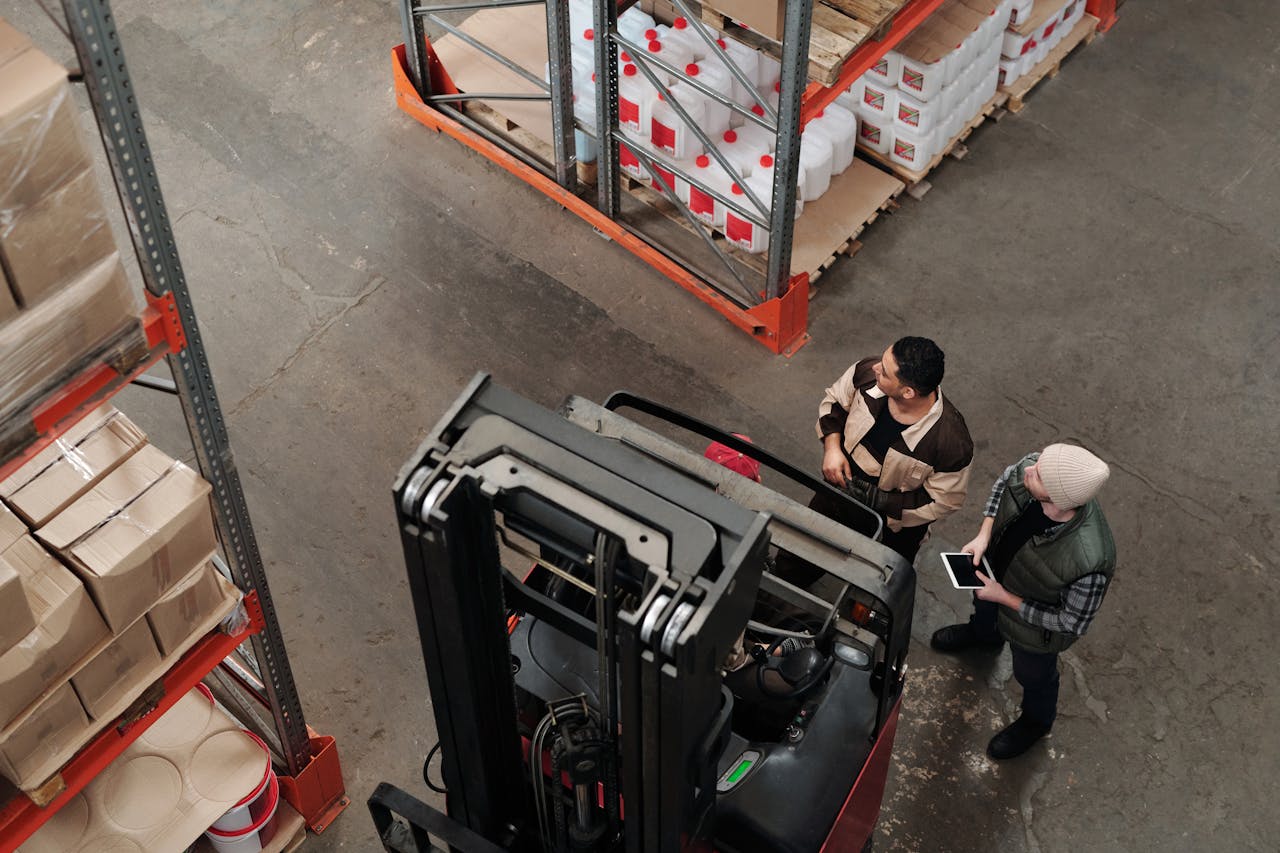
1. Fullex Global Fulfillment Services
Fullex Global offers reliable end-to-end fulfillment with warehouses in both China and the U.S. This gives you the flexibility to ship cost-effectively from China or deliver quickly from the U.S. Their team handles everything from supplier sourcing and product inspections to packing and shipping.
They integrate with platforms like Shopify and Amazon, giving you real-time updates on inventory and tracking. Orders are processed the same day, and they ship to over 70 countries.
Pros
- Warehouses in China and the U.S.
- Same-day order processing
- Real-time tracking and platform integrations
- Product development and custom packaging support
Cons
- Limited public pricing info
- Global reach is still growing compared to larger 3PLs
2. ShipHero Solutions
ShipHero is a solid pick if you want a hands-off fulfillment partner that plays well with your online store. It handles the whole process, inventory, kitting, returns, you name it. The tech side is smooth too, making it easier to stay on top of your operations without micromanaging.
Pros
- Seamless integration with major ecommerce platforms
- Strong focus on inventory and order accuracy
- Offers kitting and returns management
Cons
- May be pricier for smaller businesses
- Limited international fulfillment coverage
3. Red Stag Fulfillment
If you’re shipping heavy or high-value products, Red Stag is worth a look. They’re known for careful handling, low error rates, and on-time delivery, something that really matters when shipping bulky items or things that can’t afford to go missing.
Pros
- Great for oversized or fragile goods
- Low error rates and strong service guarantees
- Secure warehouses with reliable order tracking
Cons
- Not the best fit for low-volume sellers
- Fewer global warehouse options
4. eFulfillment Service
This one’s especially friendly to smaller shops and newer ecommerce brands. They keep things simple and affordable without cutting corners. If you need basic services done right like storage, returns, and shipping, eFulfillment gets the job done.
Pros
- Budget-friendly with no long-term contracts
- Good for low order volumes
- Easy onboarding for new sellers
Cons
- Basic tech features compared to larger providers
- Not ideal for complex or high-volume needs
5. Whiplash Logistics
Whiplash gives you serious flexibility thanks to their tech-forward, API-based system. You get control over everything from warehousing to delivery, with visibility across each step. It’s especially good for brands that want to customize their fulfillment workflow.
Pros
- Highly customizable with robust tech tools
- Scales easily as your brand grows
- Strong focus on end-to-end visibility
Cons
- Might require some technical knowledge
- Pricing can get steep for smaller sellers
6. ShipNetwork
If your customer base is spread out across the country, or even the globe, ShipNetwork helps you keep up. Their wide reach and scalable systems make cross-border fulfillment a lot less painful.
Pros
- Good U.S. and international coverage
- Flexible services for growing businesses
- Helps reduce shipping times
Cons
- Interface may feel clunky to some users
- Limited custom branding options
7. Whitebox Services
Whitebox is more than just a fulfillment service; it also supports your sales strategy. They help with product listings, optimization, and even customer service. If you want a hands-off solution that still pushes sales, Whitebox could be a smart move.
Pros
- Includes sales and marketing support
- All-in-one inventory, listing, and fulfillment management
- Great for Amazon and DTC brands
Cons
- More expensive due to added services
- Less control for brands wanting to handle sales in-house
8. Fulfillify
Fulfillify keeps things simple and efficient. Their dashboard gives you live inventory updates, and they process orders fast. You can also add personal touches like branded packaging, which is great for unboxing experiences.
Pros
- Real-time tracking and updates
- Fast order turnaround
- Offers custom packaging options
Cons
- Limited warehouse locations
- Might lack some advanced features that larger providers offer
How To Select the Right 3PL Fulfillment Partner
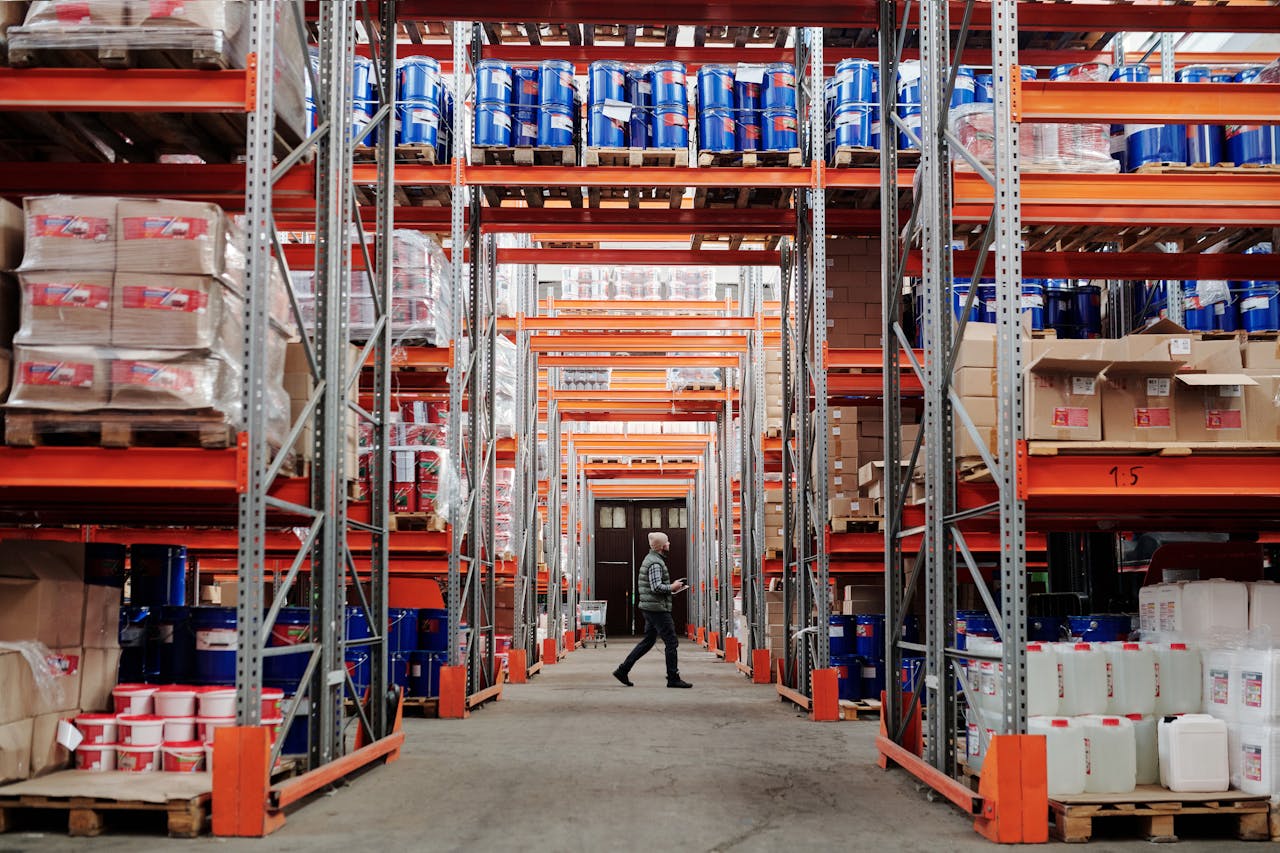
1. Understand Your Needs
Start by figuring out exactly where you're stuck. Are orders taking too long to ship? Running out of storage space? Or maybe returns are becoming too much to handle? Knowing your weak spots will help you find a fulfillment partner who actually solves your problems, not just offers generic solutions.
2. Review Their Service Offerings
Not all 3PLs are built the same. Some just handle shipping, while others offer extras like kitting, branded packaging, and even international fulfillment. The right fit will support your current workload but also help you grow without needing to switch providers later on.
3. Look for Seamless Integration
Your fulfilment partner should connect easily with your online store, whether that’s Shopify, WooCommerce, or something else. If their system plays well with yours, you’ll avoid all the manual work that causes mistakes and eats up your time.
4. Evaluate Their Ability to Scale With You
You want a partner who can keep up as your business grows. That means being ready for higher order volumes, new product lines, or expanding into new locations. Ask how they handle seasonal spikes or sudden demand jumps, so you're not caught off guard later.
5. Test Their Communication and Support
If something goes wrong, can you actually get help fast? A good 3PL should be responsive, clear, and easy to reach when it matters most. Pay attention to how they treat you even before you sign on; it’s usually a good indicator of how they’ll handle things down the road.
6. Consider Cost, but Don’t Sacrifice Value
Of course, pricing matters, but what you’re getting for that price matters more. Think about their warehouse locations, software, customer service, and shipping accuracy. Fullex Global, for example, strikes a great balance between cost and quality, making it a solid choice for ecommerce brands that want reliable service without breaking the bank.
Frequently Asked Questions
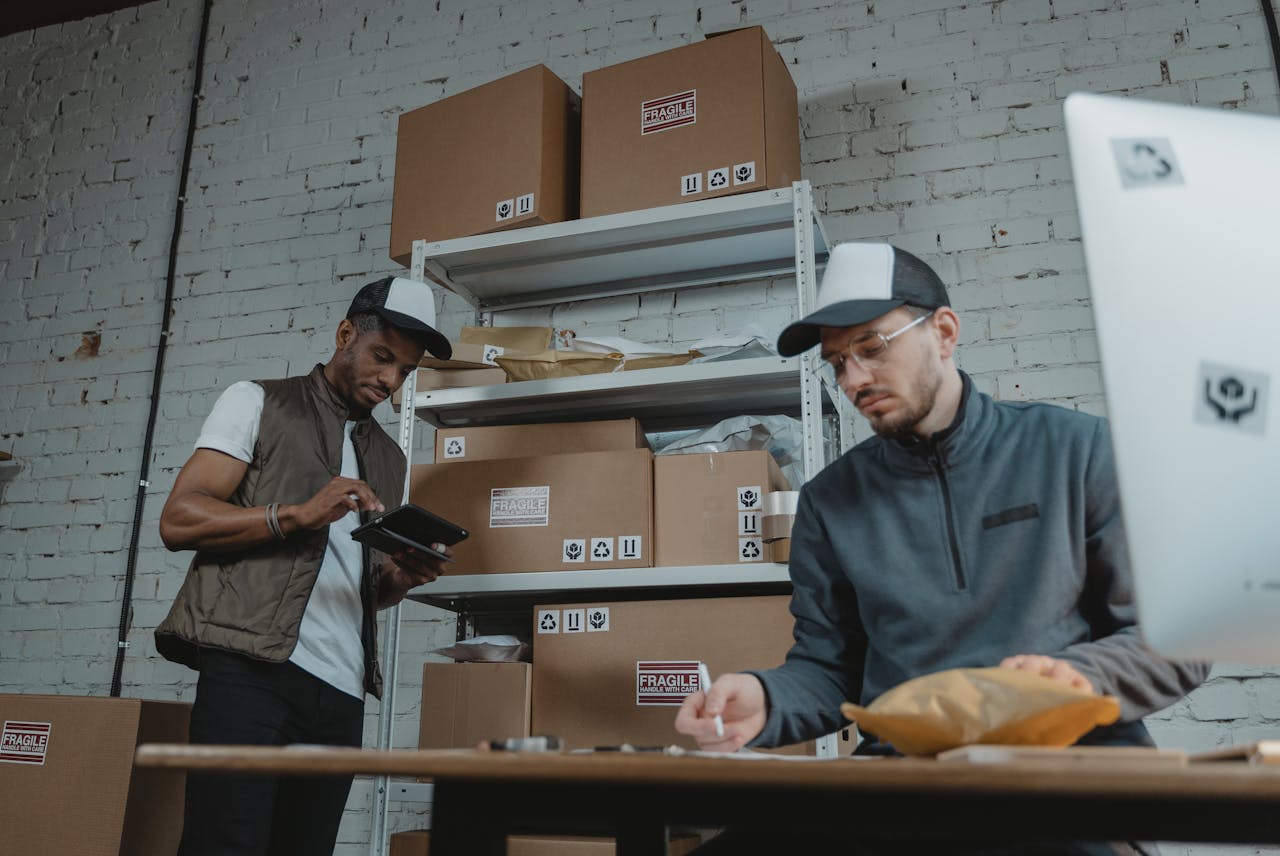
1. Is a Fulfillment Center Part of a 3PL Provider?
Not exactly. A fulfillment center is usually just one part of what a 3PL provider offers. It’s the actual warehouse where your products are stored, packed, and shipped outbut a full 3PL service includes much more, like managing returns, shipping coordination, and even customer support in some cases.
2. What Does Fulfillment Involve in Supply Chain Logistics?
Fulfillment covers the full process of getting your products to your customers. It starts with storing your inventory, then moves to picking and packing each order, handling shipping, and even managing returns if needed. It’s a big part of keeping your online store running smoothly.
3. Are 3PL Providers and Fulfillment Centers Identical?
A fulfillment center is all about the hands-on work, storing items and sending out orders. A 3PL, on the other hand, offers a wider rang e of logistics support. So while all fulfillment centers are part of a 3PL’s setup, not all 3PL services are limited to just fulfillment.
